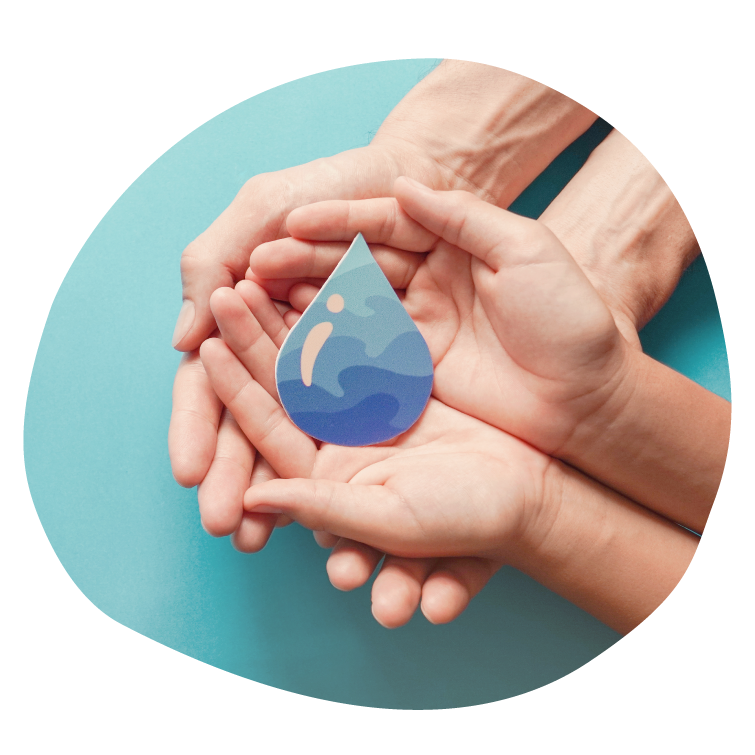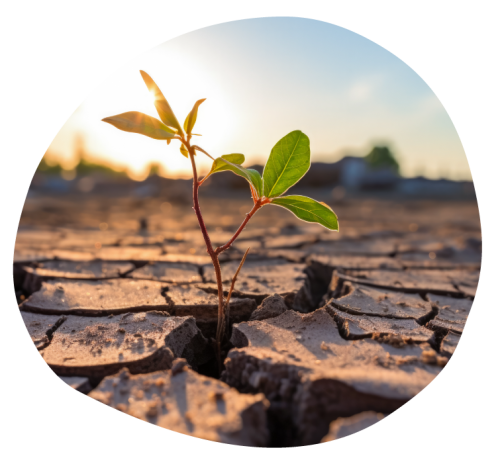
Water, the elixir of life, flows through every aspect of our existence, sustaining ecosystems, powering industries, and nourishing communities. Yet, as the global population burgeons and demands on water resources escalate, the need for responsible water consumption has never been more urgent. In this blog, we’ll explore the importance of responsible water consumption, its implications for sustainability, and practical strategies for conserving this precious resource.
Understanding Responsible Water Consumption
Responsible water consumption entails using water efficiently, minimizing waste, and prioritizing sustainable practices to ensure the long-term availability and quality of water resources. It involves striking a delicate balance between meeting human needs and safeguarding the ecological integrity of water ecosystems.
The Importance of Responsible Water Consumption
- Preserving Ecosystems: Water is vital for the health and functioning of aquatic and terrestrial ecosystems. By consuming water responsibly, we minimize the impacts of water extraction, pollution, and habitat degradation on biodiversity and ecosystem services.
- Mitigating Water Scarcity: Responsible water consumption helps alleviate water stress and mitigate the risk of water scarcity, particularly in regions facing dwindling water supplies due to population growth, climate change, and unsustainable water management practices.
- Promoting Equity: Responsible water consumption fosters equitable access to water resources, ensuring that all communities—regardless of location or socio-economic status—have access to clean and reliable water for drinking, sanitation, and livelihoods.
- Enhancing Resilience: By conserving water and adopting sustainable water management practices, we enhance the resilience of water systems to climate variability, droughts, and other water-related challenges.
Practical Strategies for Responsible Water Consumption
- Reduce Water Waste: Fix leaks, install water-efficient appliances and fixtures, and practice mindful water use habits, such as turning off taps when not in use and taking shorter showers, to minimize water waste.
- Conserve Water in Agriculture: Implement water-saving irrigation techniques, such as drip irrigation and soil moisture monitoring, adopt drought-resistant crops, and promote agroecological practices to optimize water use in agriculture.
- Promote Water Recycling and Reuse: Embrace water recycling and reuse technologies, such as greywater systems and wastewater treatment, to reclaim and reuse water for non-potable purposes, such as irrigation, industrial processes, and toilet flushing.
- Protect Water Quality: Prevent water pollution by properly disposing of hazardous substances, reducing runoff from urban and agricultural areas, and implementing measures to safeguard water bodies from contamination.
- Advocate for Policy Change: Support policies and regulations that promote responsible water consumption, sustainable water management, and equitable access to water resources at local, national, and global levels.
Conclusion
Responsible water consumption is not merely a choice but a moral imperative—a commitment to stewardship, equity, and sustainability. By adopting water-wise practices, conserving water resources, and advocating for policy change, we can collectively ensure that water remains a source of life, resilience, and shared prosperity for present and future generations. Let us embrace the challenge of responsible water consumption with determination and empathy, knowing that our actions today will shape the water landscapes of tomorrow.




